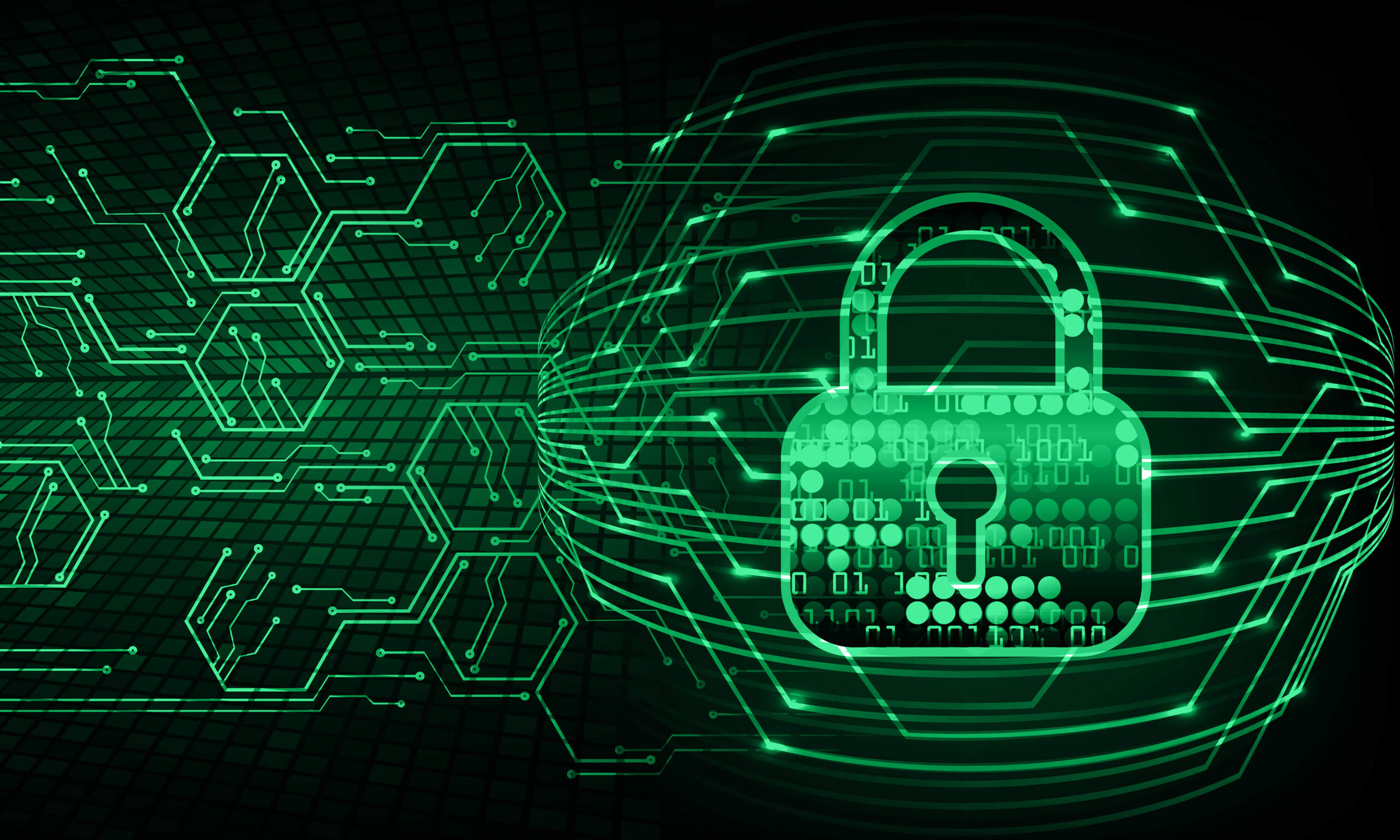Address
304 North Cardinal St.
Dorchester Center, MA 02124
Work Hours
Monday to Friday: 7AM - 7PM
Weekend: 10AM - 5PM
Address
304 North Cardinal St.
Dorchester Center, MA 02124
Work Hours
Monday to Friday: 7AM - 7PM
Weekend: 10AM - 5PM

In the digital age, the nature of warfare has evolved significantly. The modern battlefield is no longer confined to physical terrains; it extends to cyberspace, a domain where lines of conflict blur and adversaries operate without geographical limitations. Cybersecurity has emerged as a pivotal element in contemporary military strategy, shaping the outcomes of conflicts and redefining national security priorities.
The integration of advanced technologies into military operations has expanded the scope of potential vulnerabilities. Cyberattacks now target critical infrastructure, communication networks, and weapons systems. These attacks can disrupt operations, degrade capabilities, and compromise sensitive information. In the modern battlefield, dominance in cyberspace is as crucial as superiority in air, land, sea, or space.
One of the defining features of cyber warfare is its asymmetry. Small groups or even individuals, equipped with the right tools and expertise, can pose significant threats to powerful nations. This democratization of warfare necessitates robust cybersecurity measures to safeguard assets and maintain an operational advantage.
Adversaries employ APTs to infiltrate networks and remain undetected for extended periods. These threats are often state-sponsored and aim to steal data or sabotage systems.
Modern military systems rely on complex supply chains. Cyberattacks targeting suppliers can introduce vulnerabilities that compromise the integrity of equipment and software.
While AI enhances decision-making and operational efficiency, it also introduces new risks. Malicious actors can exploit AI algorithms, leading to unintended consequences on the battlefield.
Military operations depend on civilian infrastructure, such as power grids and communication networks. Cyberattacks targeting these systems can have cascading effects, impacting both military and civilian populations.
Modern militaries must integrate cybersecurity into all aspects of their operations. This includes securing communication networks, safeguarding weapon systems, and protecting classified information.
International cooperation is essential to address the global nature of cyber threats. Sharing intelligence and best practices can enhance collective defense capabilities.
Building a skilled cyber workforce is critical. Regular training ensures that personnel can identify and respond to emerging threats effectively.
Developing systems with built-in redundancies and fail-safes minimizes the impact of cyberattacks. Resilience ensures continuity of operations even in the face of significant disruptions.
Proactive threat identification through advanced analytics and monitoring tools can help predict and prevent cyber incidents before they occur.
As technology advances, the interplay between cyber capabilities and traditional military assets will become increasingly intricate. Emerging technologies such as quantum computing, 5G, and the Internet of Things (IoT) will introduce new dimensions to cybersecurity challenges. Preparing for these developments requires foresight, innovation, and adaptability.
The modern battlefield demands a comprehensive approach to cybersecurity. Nations must recognize cyberspace as a critical domain of warfare and invest in the tools, training, and strategies necessary to defend it. In doing so, they ensure not only their military readiness but also the security of their citizens and the integrity of their sovereignty.